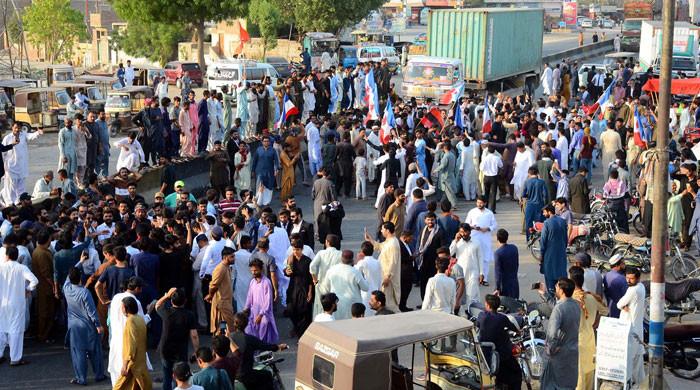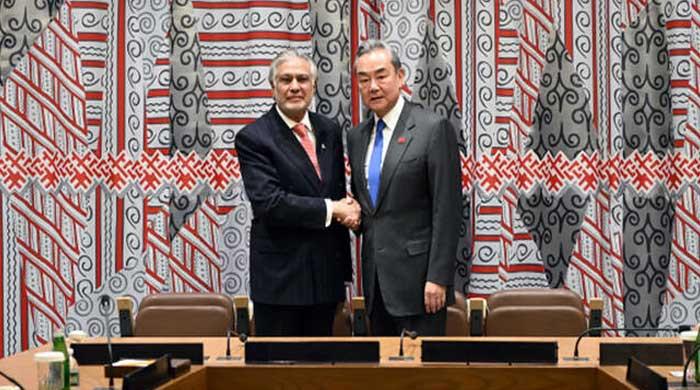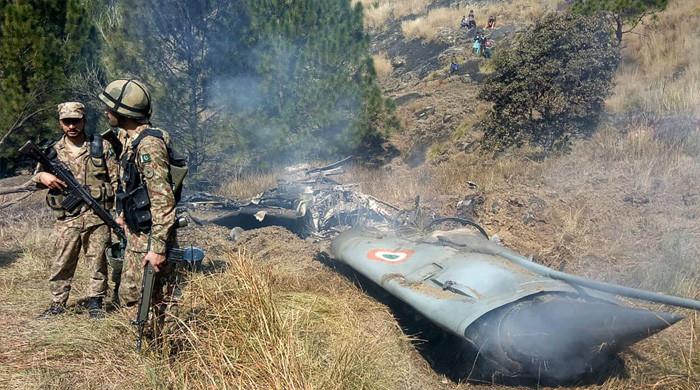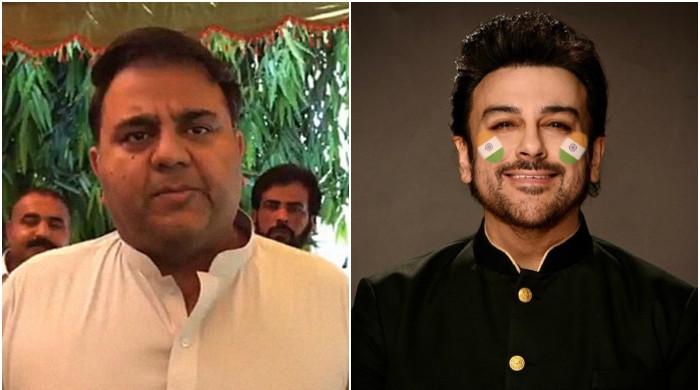From Balochistan to Cambridge: A Pakistani's journey of success
From Balochistan's Buleda area, Dr Yarjan Samad moved to Cambridge University where he works as a senior research scientist
September 29, 2019
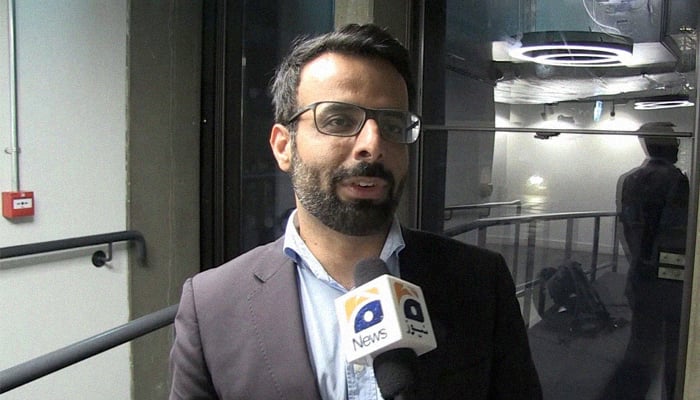
LONDON: A Pakistani scientist from Balochistan is making waves at the Cambridge Graphene Centre of the famed Cambridge University with his innovation skills and knowledge of science.
Born in Buleda, a remote area of Balochistan, to a working class family, Dr Yarjan Samad, now 34, had studied at a public school in Buleda and two small schools in Lyari as well. He finished his intermediate from the D.J. Sindh Government Science College and graduated with a degree in Metallurgy and Materials Engineering from the Ghulam Ishaq Khan Institute of Engineering Sciences and Technology.
Dr Samad's father never went to school but was determined to inspire his children to work hard and improve; his hardworking kids responded with the same resolution.
However, the ever-determined boy from Balochistan received his first break when he was awarded a scholarship from Abu Dhabi for both masters and PhD, during which he completed research work at several prestigious institutions.
Now a senior research scientist and teaching fellow at the prestigious Cambridge University, Dr Yarjan Samad shows that his story speaks of resilience and determination of how a boy from an ordinary background used hard work to become a successful scientist.
Having joined Cambridge University as a scientist in 2016 right after his PhD, Dr Samad was later promoted to the position of senior research scientist and teaching fellow.
He has since worked on Graphene for Space Applications along with other scientists from the UK, Belgium, and Italy, in collaboration with the European Space Agency, Leonardo, and the French Space Agency's (CNES) subsidiary, Novespace.
In an interview with Geo News, Dr Samad credited his parents for his success. “My parents were determined for our education and did everything for us. My teachers, mentors, and friends have a big role in my making and I am thankful to all of them.”
Dr Samad explained that his main work in Cambridge was on “materials”.
“We work on the materials and devices which are used in projects cooling in Space,” he said.
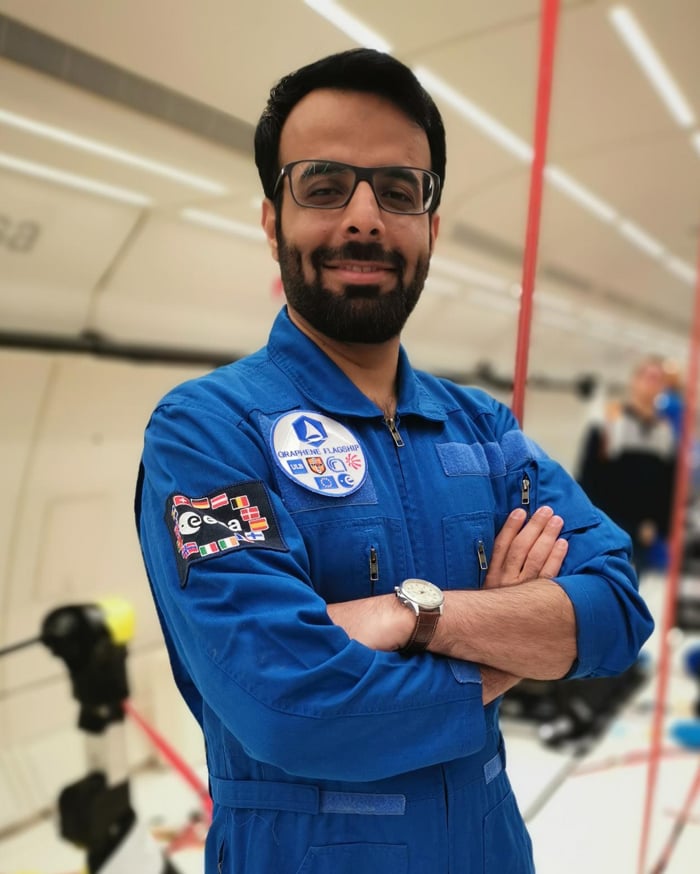
Of the upcoming projects, he said he was working with fellow scientists to make enabling materials and sensors to understand tissue repair and wound healing in space, water splitting on the surface of moon into hydrogen and oxygen so that oxygen is used for breathing and hydrogen is used as a fuel for further explorations from there onwards.
As a Pakistani working with elite scientists, Dr Samad feels proud and believes that his background and the grit defines his character and work. He said: “It feels great when people recognise me as a Pakistani, that’s who I am. People see you and recognise your face when they work with you.
"I see their thinking about Pakistan changes a lot after we hold conversations. There is a sense of responsibility on you in such a position that you have to be an ambassador of your country and your culture.
"This sense motivates you to do your best.”
The scientist says he regretted that Pakistan lagged far behind other countries in scientific research and innovation. “If we look at the human resource and talent and how to utilise it, Pakistan be ahead of developed countries but our research organisations and institutions are not working the way they should be working.
"It’s a long list of what the reasons for that are but what’s important is that how to get the things done now. We lag behind in areas of science and technology and we need to build our institutions so we could rely on science to move forward.”
Dr Samad revealed that he was working with a group of scientists and advisers to help Pakistan. “We have formed a group of several scientists to see how we can help Pakistan. Most of these scientists are based at leading institutions and research organisations in the UK.
"We are working to first identify areas of research, which are of strategic importance to Pakistan.”
Dr Samad plans to return to Pakistan one day to serve his motherland.
“I will return to Pakistan but after the completion of projects I am working on,” he said.




